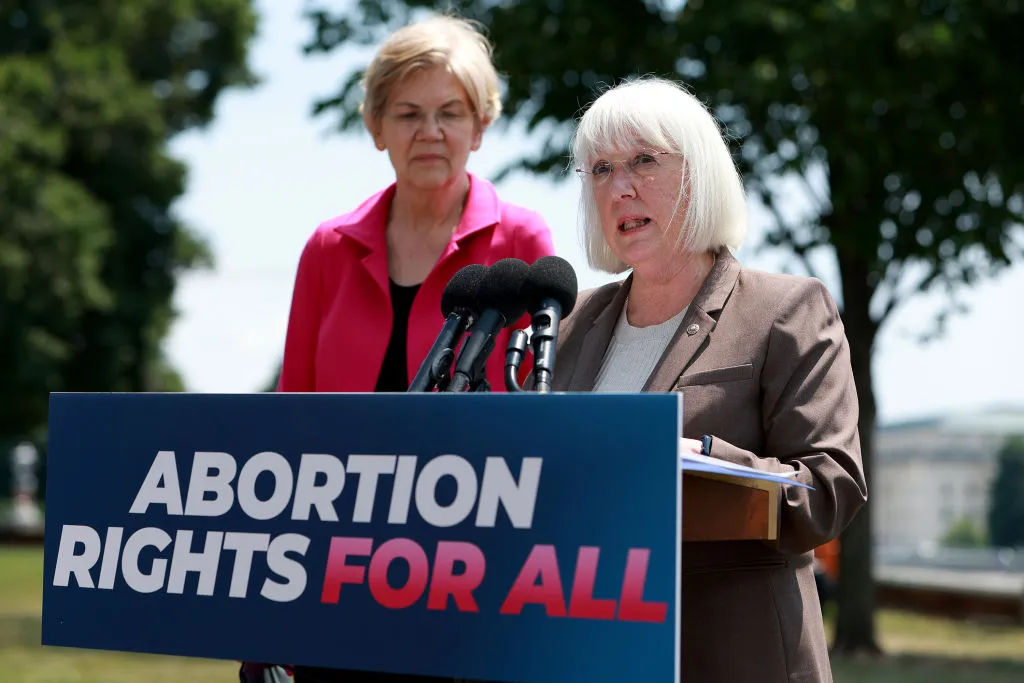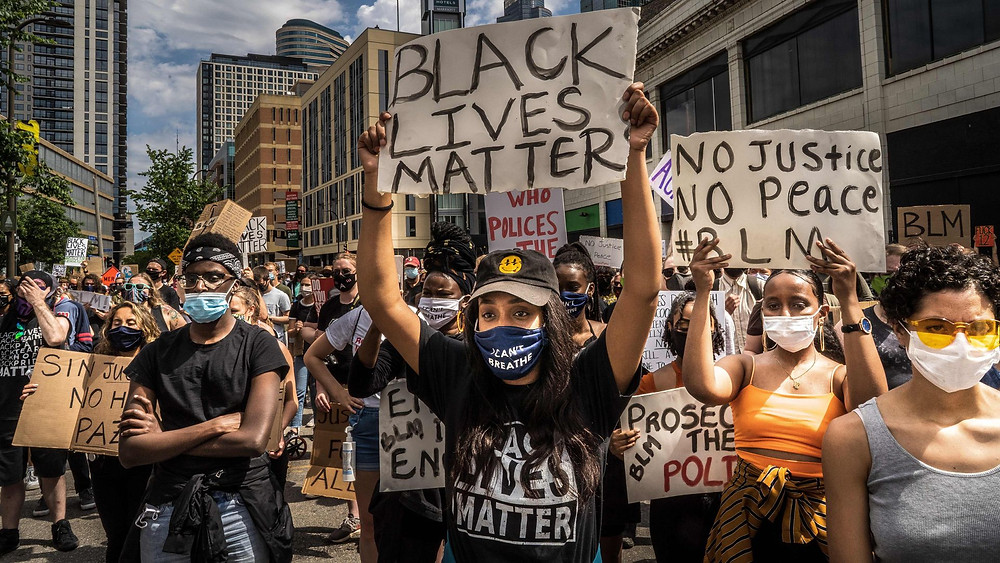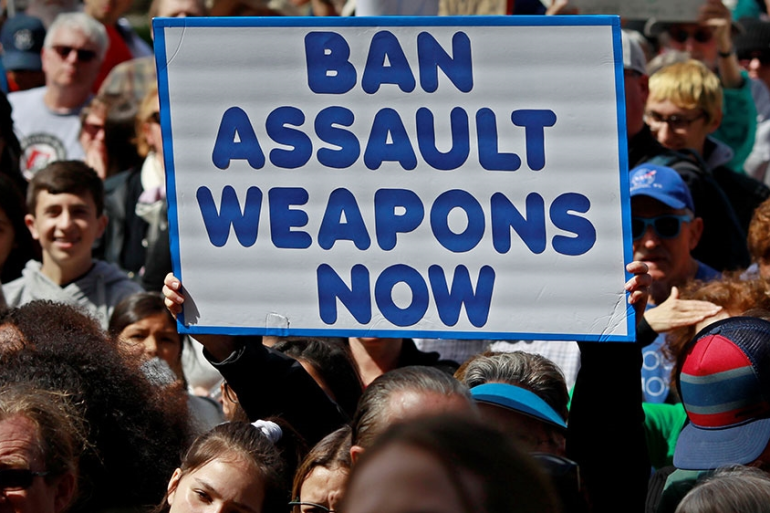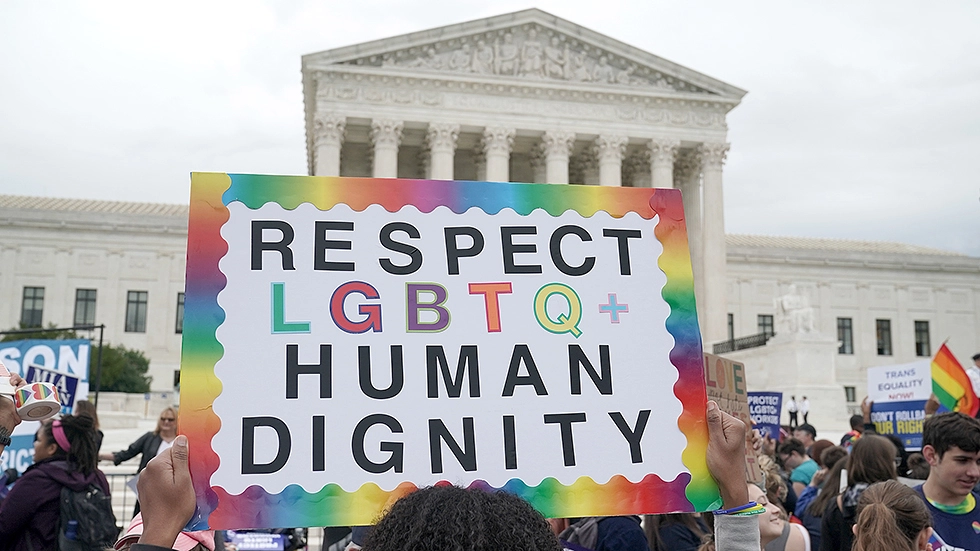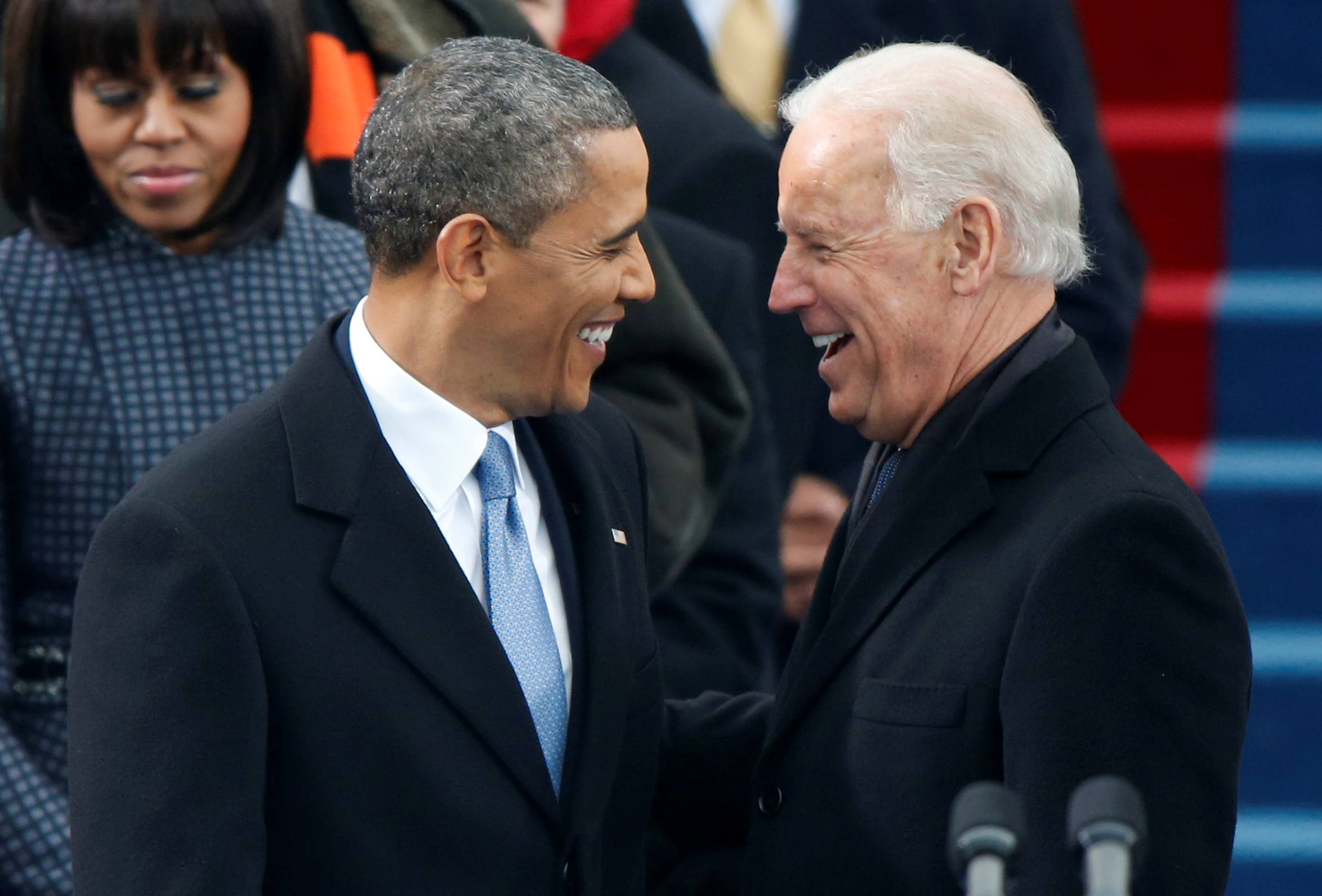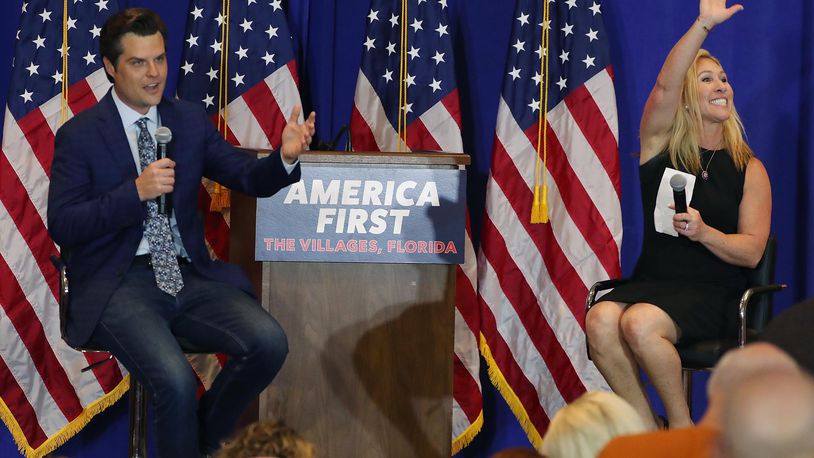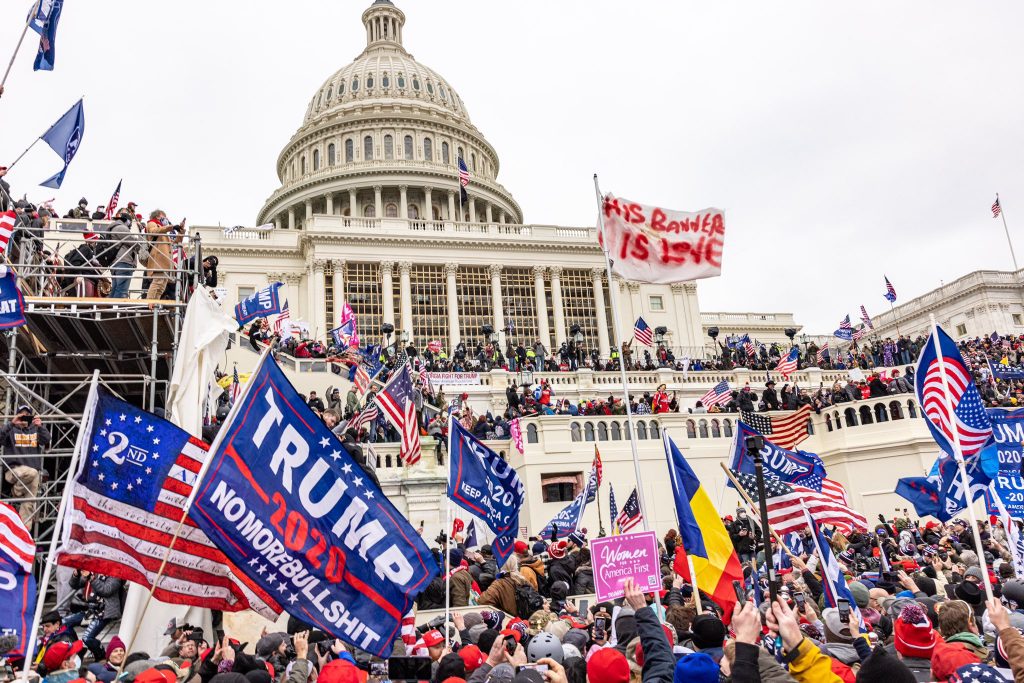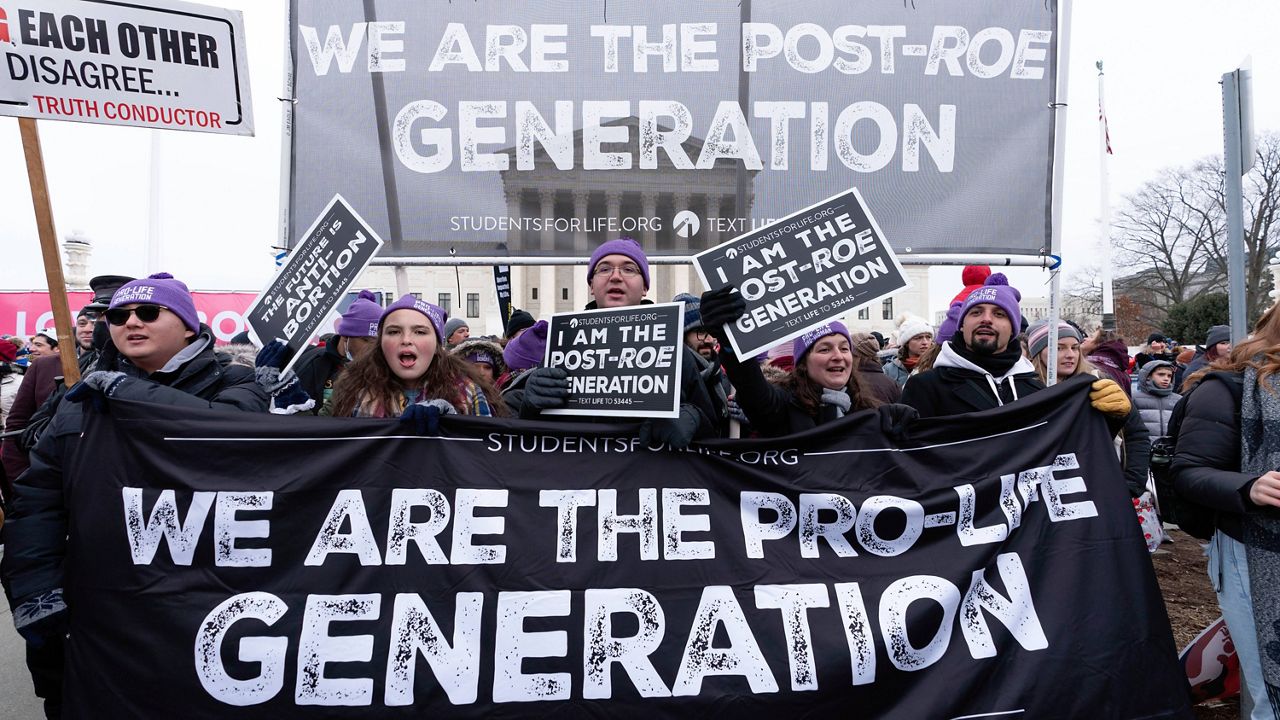Vote America: Democrats vs Republicans What does the world think
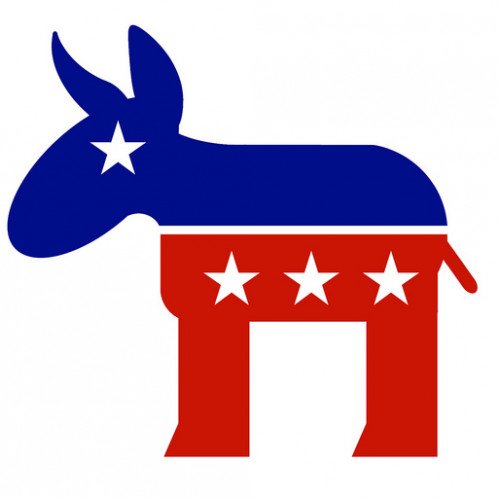
United States Democratic Party
The Republican Party, also referred to as the GOP ("Grand Old Party"), is one of the two major contemporary political parties in the United States. Since the mid-1850s, it has been the main political rival of the Democratic Party. The GOP was founded in 1854 by anti-slavery activists who opposed the Kansas–Nebraska Act, which allowed for the potential expansion of chattel slavery into the western territories. Its intellectual predecessor is considered to be the conservative Whig Party, with Republican presidents Abraham Lincoln, Rutherford B. Hayes, Chester A. Arthur, and Benjamin Harrison all being Whigs before switching to the party, from which they were elected. The collapse of the Whigs, which had previously been one of the two major parties in the country, strengthened the party's electoral success. Upon its founding, the Republican Party supported classical liberalism and economic reform while opposing the expansion of slavery.It initially consisted of northern Protestants, factory workers, professionals, businessmen, prosperous farmers, and after 1866, former black slaves. The Republican Party had almost no presence in the Southern United States at its inception but was very successful in the Northern United States, where by 1858 it had enlisted former Whigs and former Free Soil Democrats to form majorities in nearly every Northern state. While both parties adopted pro-business policies in the 19th century, the early GOP was distinguished by its support for the national banking system, the gold standard, railroads, and high tariffs. It did not openly oppose slavery in the Southern states before the start of the American Civil War—stating that it only opposed the spread of slavery into the territories or into the Northern states—but was widely seen as sympathetic to the abolitionist cause. Seeing a future threat to the practice with the election of Abraham Lincoln, the first Republican president, many states in the South declared secession, joining the Confederate States of America. Under the leadership of Lincoln and a Republican Congress, it led the fight to destroy the Confederacy during the American Civil War, preserve the Union, and abolish slavery. The aftermath saw the party largely dominate the national political scene until 1932. In 1912, former Republican president Theodore Roosevelt formed the Progressive ("Bull Moose") Party after being rejected by the GOP and ran unsuccessfully as a third-party presidential candidate after calling for social reforms. After 1912, many Roosevelt supporters left the Republican Party, and the Party underwent an ideological shift to the right. The GOP lost its congressional majorities during the Great Depression (1929–1940) under President Franklin D. Roosevelt, whose popular New Deal programs shifted the country towards the Democratic Party for most of the next three decades. Following the Civil Rights Act of 1964 and the Voting Rights Act of 1965, the party's core base shifted, with southern states becoming more reliably Republican in presidential politics. After the Supreme Court's 1973 decision in Roe v. Wade, the Republican Party opposed abortion in its party platform and grew its support among evangelicals. Its 21st-century ideology is American conservatism, with the party supporting free market economics, social conservatism, and originalism in constitutional jurisprudence. The GOP supports small government, deregulation, lower taxes, gun rights, restrictions on immigration (including restrictions on illegal immigration), restrictions on abortion, restrictions on labor unions, and increased military spending. It has grown increasingly supportive of free trade since the 20th century.In the 21st century, the demographic base skews toward men, people living in rural areas, people living in the South, and white Americans, particularly white evangelical Christians. Its most recent presidential nominee was Donald Trump, who served as the 45th president of the United States from 2017 to 2021. There have been 19 Republican presidents, the most from any one political party. As of 2022, the GOP controls 28 state governorships, 30 state legislatures, and 23 state government trifectas. Six of the nine sitting U.S. Supreme Court justices were appointed by Republican presidents.
Statistics for this Xoptio
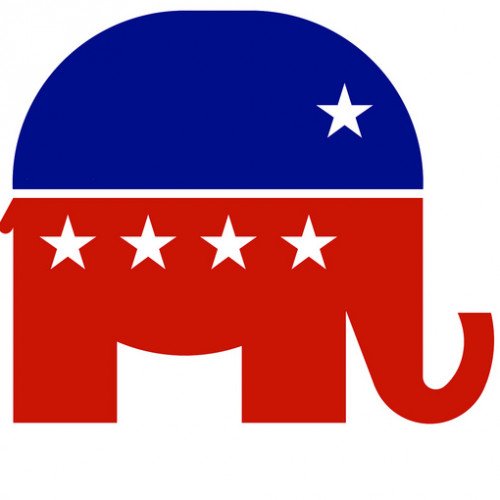
United States Republican Party
The Republican Party, also referred to as the GOP ("Grand Old Party"), is one of the two major contemporary political parties in the United States. Since the mid-1850s, it has been the main political rival of the Democratic Party. The GOP was founded in 1854 by anti-slavery activists who opposed the Kansas–Nebraska Act, which allowed for the potential expansion of chattel slavery into the western territories. Its intellectual predecessor is considered to be the conservative Whig Party, with Republican presidents Abraham Lincoln, Rutherford B. Hayes, Chester A. Arthur, and Benjamin Harrison all being Whigs before switching to the party, from which they were elected. The collapse of the Whigs, which had previously been one of the two major parties in the country, strengthened the party's electoral success. Upon its founding, the Republican Party supported classical liberalism and economic reform while opposing the expansion of slavery. It initially consisted of northern Protestants, factory workers, professionals, businessmen, prosperous farmers, and after 1866, former black slaves. The Republican Party had almost no presence in the Southern United States at its inception but was very successful in the Northern United States, where by 1858 it had enlisted former Whigs and former Free Soil Democrats to form majorities in nearly every Northern state. While both parties adopted pro-business policies in the 19th century, the early GOP was distinguished by its support for the national banking system, the gold standard, railroads, and high tariffs. It did not openly oppose slavery in the Southern states before the start of the American Civil War—stating that it only opposed the spread of slavery into the territories or into the Northern states—but was widely seen as sympathetic to the abolitionist cause. Seeing a future threat to the practice with the election of Abraham Lincoln, the first Republican president, many states in the South declared secession, joining the Confederate States of America. Under the leadership of Lincoln and a Republican Congress, it led the fight to destroy the Confederacy during the American Civil War, preserve the Union, and abolish slavery. The aftermath saw the party largely dominate the national political scene until 1932. In 1912, former Republican president Theodore Roosevelt formed the Progressive ("Bull Moose") Party after being rejected by the GOP and ran unsuccessfully as a third-party presidential candidate after calling for social reforms. After 1912, many Roosevelt supporters left the Republican Party, and the Party underwent an ideological shift to the right. The GOP lost its congressional majorities during the Great Depression (1929–1940) under President Franklin D. Roosevelt, whose popular New Deal programs shifted the country towards the Democratic Party for most of the next three decades. Following the Civil Rights Act of 1964 and the Voting Rights Act of 1965, the party's core base shifted, with southern states becoming more reliably Republican in presidential politics. After the Supreme Court's 1973 decision in Roe v. Wade, the Republican Party opposed abortion in its party platform and grew its support among evangelicals. Its 21st-century ideology is American conservatism, with the party supporting free market economics, social conservatism, and originalism in constitutional jurisprudence. The GOP supports small government, deregulation, lower taxes, gun rights, restrictions on immigration (including restrictions on illegal immigration), restrictions on abortion, restrictions on labor unions, and increased military spending. It has grown increasingly supportive of free trade since the 20th century. In the 21st century, the demographic base skews toward men, people living in rural areas, people living in the South, and white Americans, particularly white evangelical Christians. Its most recent presidential nominee was Donald Trump, who served as the 45th president of the United States from 2017 to 2021. There have been 19 Republican presidents, the most from any one political party. As of 2022, the GOP controls 28 state governorships, 30 state legislatures, and 23 state government trifectas. Six of the nine sitting U.S. Supreme Court justices were appointed by Republican presidents.
